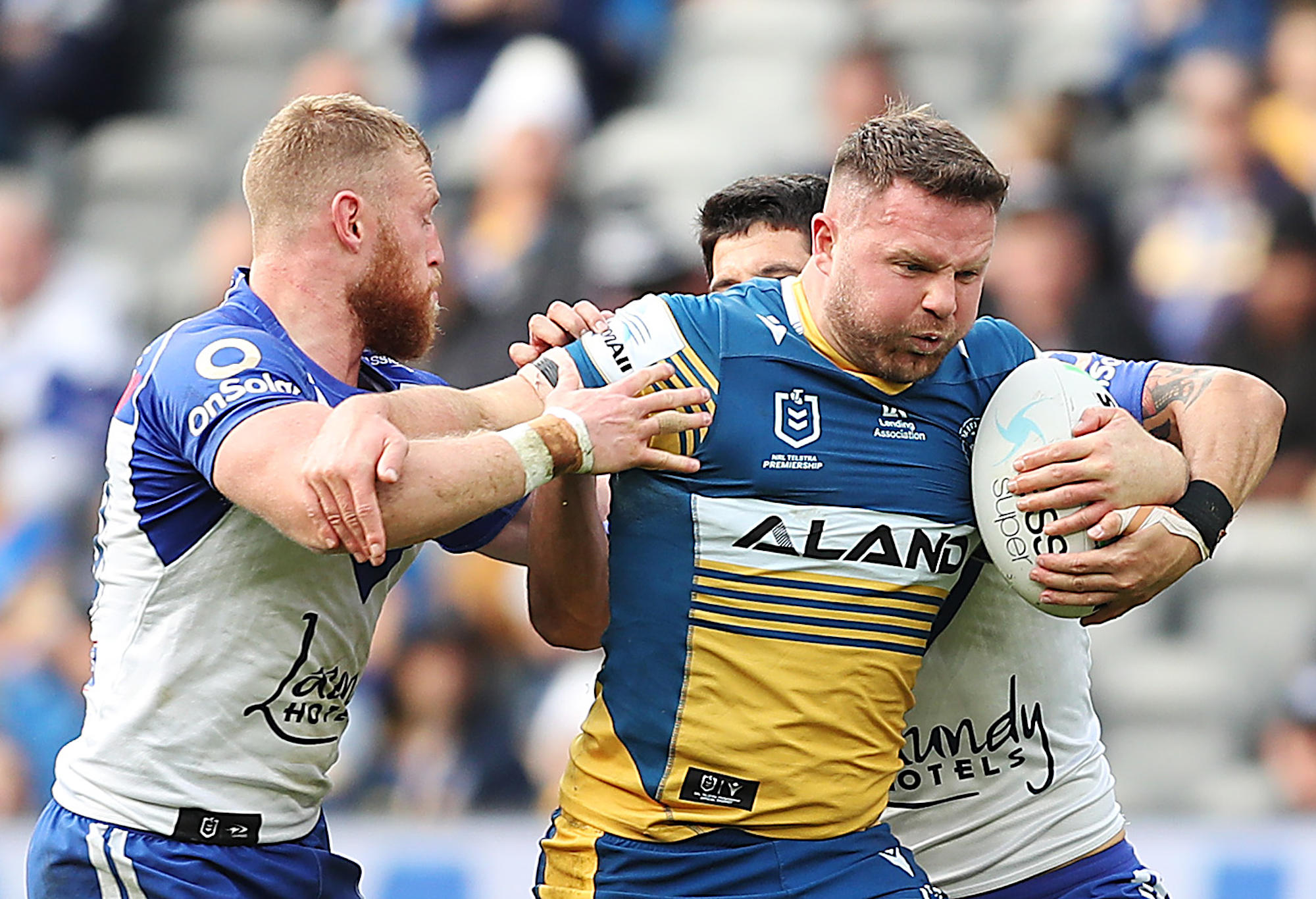NRL Round 12 Teams: Bellamy optimistic on Munster, Warriors' woes worsen, Broncos duo in doubt
The Tigers have been slammed by the Match Review Panel with both Justin Olam and Brent Naden set to be banned following their sin…
It’s a common theme from detractors of the Rugby League World Cup: sure, they wear the colours of different nations, but they’re all from Western Sydney and Northern England.
There’s a whole other argument in there about the fluidity of national identity in post-migratory societies in 2022, but deep down, there is a kernel of truth in the assertion: if the nations that rely on heritage players fail to develop local talent, eventually the river of qualified players will run dry.
The 2022 edition of the World Cup will see the most diverse playing cohort ever, with every Tier 2 nation fielding players who learned the game outside of the traditional heartlands.
For Italy coach Leo Epifania, investing in that talent is vital for the viability of his side going into the future.
“It’s crucial,” he told The Roar‘s Rugby League World Cup podcast. “We need to be able to tap into players out of there who have rugby league under their belts. We’ve been able to assist and play a role in developing players.
“Otherwise, eventually you run out of the players that qualify. As the years go on, it decreases.

Nathan Brown will play for Italy at the World Cup. (Photo by Mark Metcalfe/Getty Images)
“We’ve got around 20 playing Harold Matthews (under-16s) and at SG Ball level (under-18s) and there’s close to the same playing Jersey Flegg (under-20s), so they’re in good systems with good ability. We just need a few of them to kick and possibly become NRL players.
“We’ve done our best to set ourselves up to have a chance in the future, but the domestic part is important. That’s got to be where we go to. They’re a big part of the elite events like the World Cup and qualifiers going forwards.
“We’ve got, in our 24, four Italians and we’re giving the opportunity to six development players that will spend a week there two at a time over the pool matches.
“We’re doing our best to include the Italians and they’ll go back to help the attraction to rugby league in Italy.”
Epifania was born and raised in Australia – he played for Wests in the mid-80s – but of full Italian heritage, with both parents and all four grandparents from the bel paese.
His passion for linking the heritage players with the stories of those who migrated to Australia is key to building a team culture at the World Cup and beyond.
“A lot of these players have only got maybe one grandparent that’s Italian and they don’t see the culture every day, and that’s alright,” he said.

(Photo by Mark Nolan/Getty Images)
“The way we look at it, they need to understand that when they’re handed a jersey, it doesn’t matter what you play, where you play and who play with, you need to understand who you’re playing for.
“Everyone needs to have the one theme around how they got that jersey. We’ve spent a lot of time since the last World Cup to educate the players, because it gets harder as you go along as the connection to the Italian heritage decreases.
“We need to spend more time on educating players. We’ve brought Italian companies in who come in and run programmes on what it was like in Italy before people migrated, what it was like on the journey when they migrated and what it was like when they go here, the difficulties and tough times.
“We want to win games of football, obviously, but I need to have a clear understanding about how to motivate the players. I want them to understand in their hearts that resilient people suffered for these players to get the opportunity to play in the World Cup.
“When they get the Italian jersey, all my players understand what we call the journey to the jersey, and how it came about.”